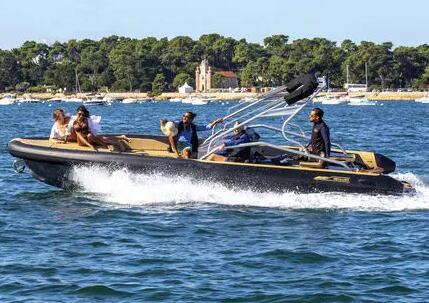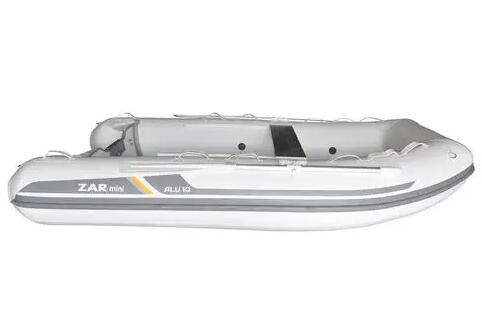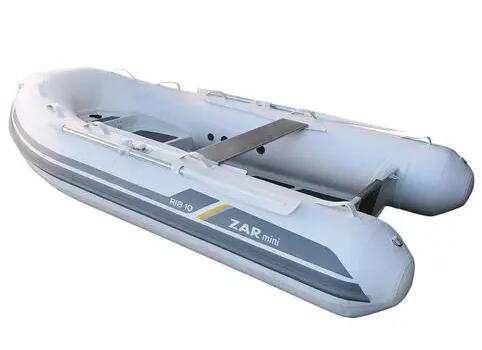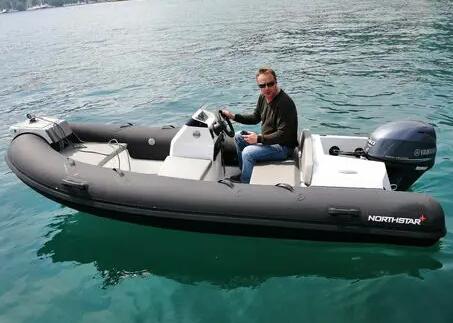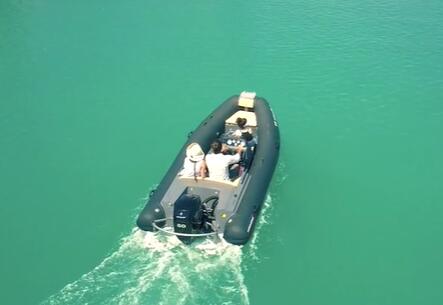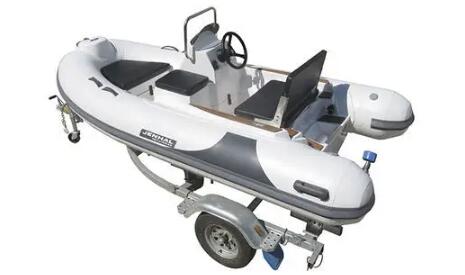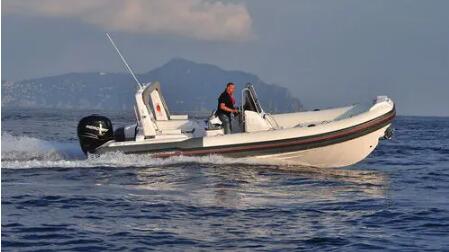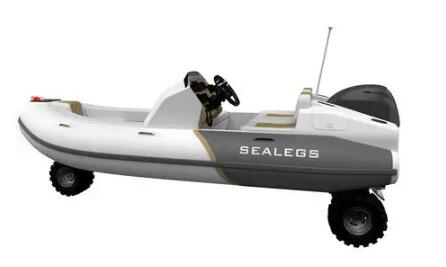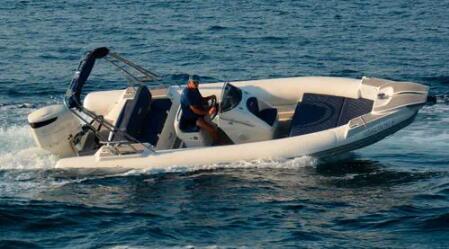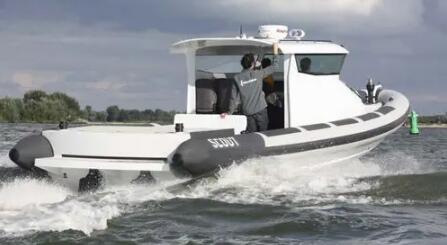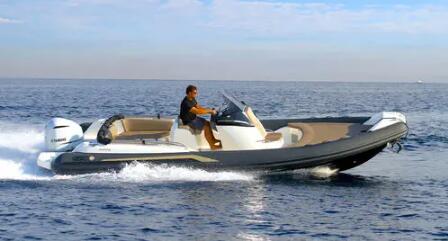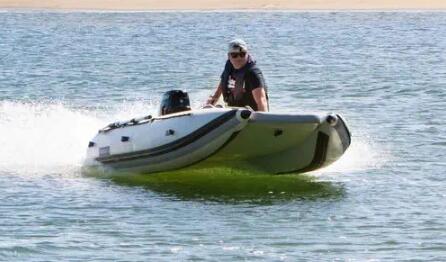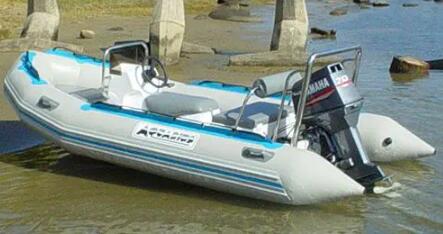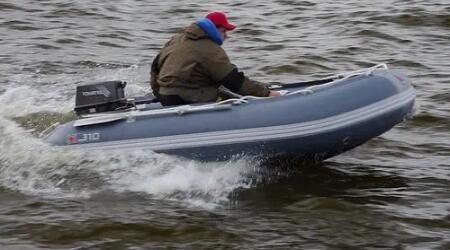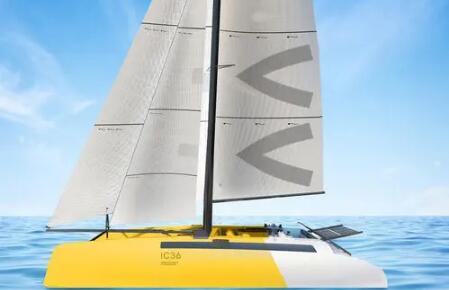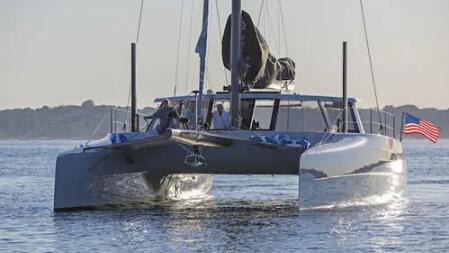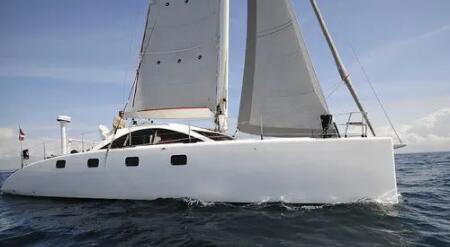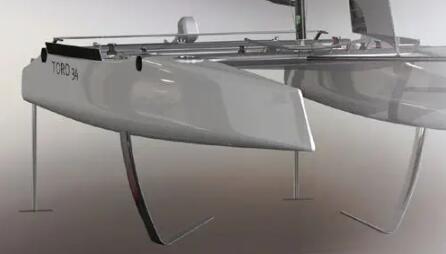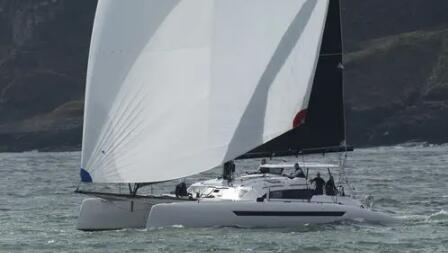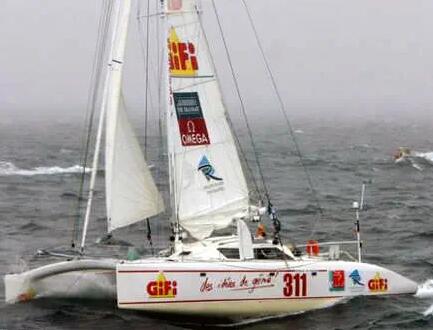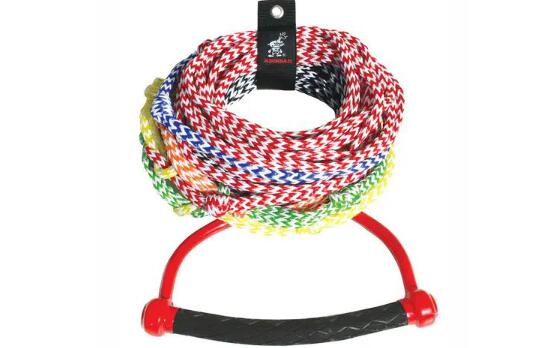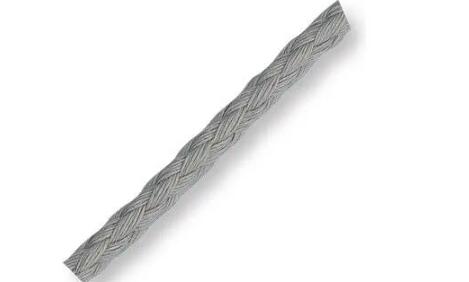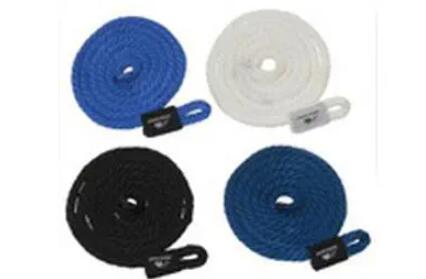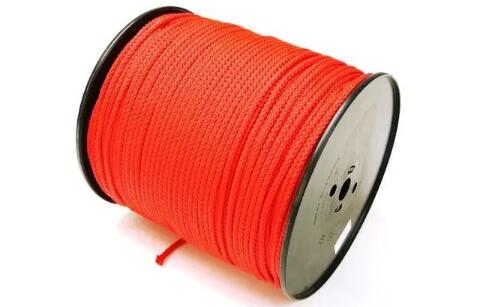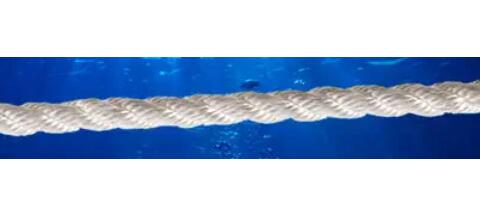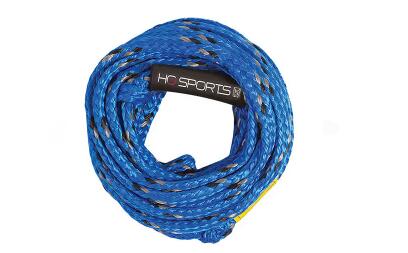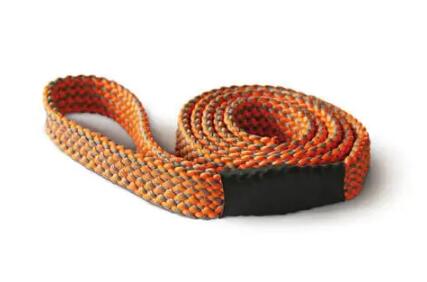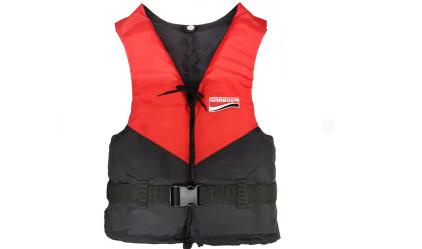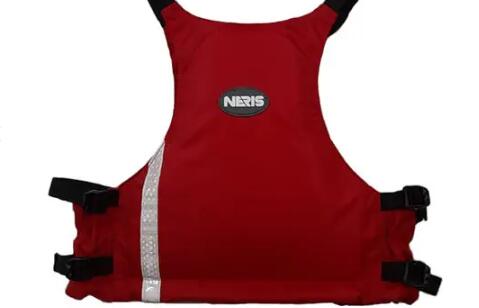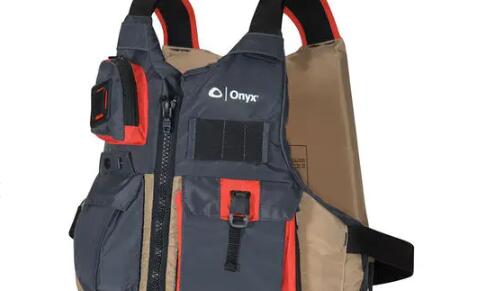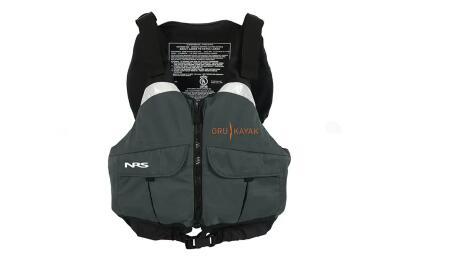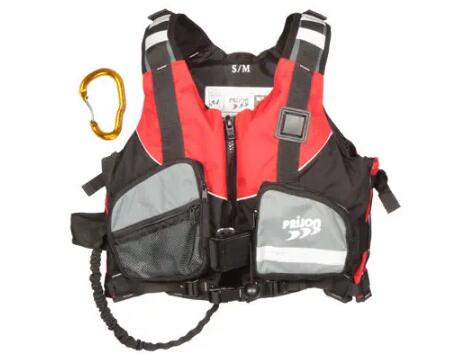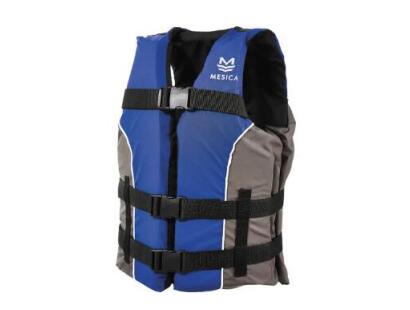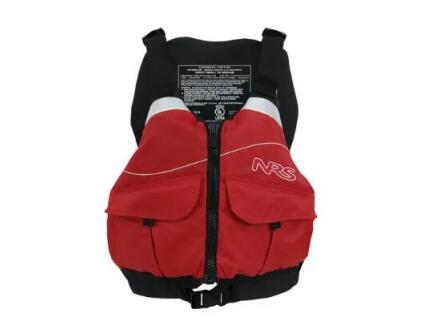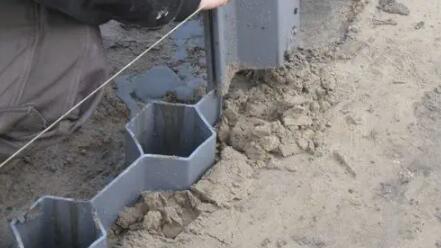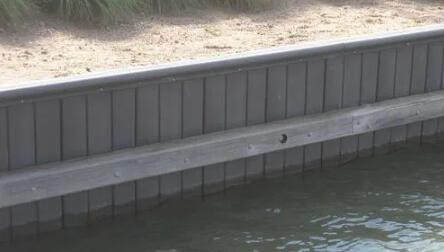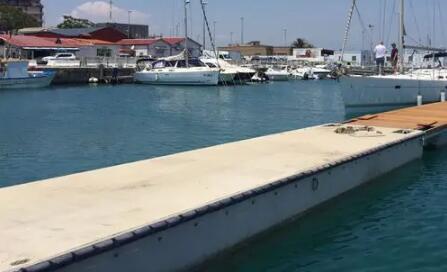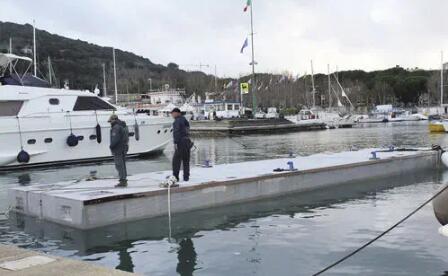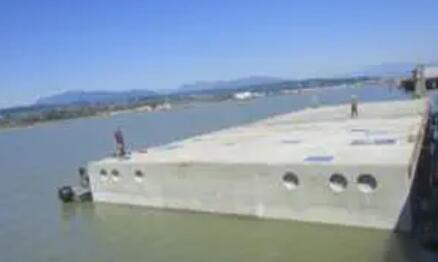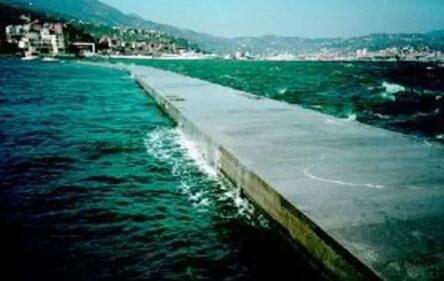- 船舶值班機(jī)工證(如何申請高級值班水手或高級值班機(jī)工證書,?)
- 船舶機(jī)工設(shè)備拆裝與操作(船舶機(jī)工設(shè)備拆裝與操作規(guī)程)
- 船舶實習(xí)機(jī)工心得與體會(船舶機(jī)工日常工作)
- 船舶機(jī)工月薪多少錢(船舶機(jī)工月薪多少錢一個月)
- 船舶絞纜機(jī)工作原理(船舶絞纜機(jī)工作原理圖)
- 船舶機(jī)工實習(xí)工資多少(當(dāng)船員第一年每月能掙多少,?)
- 事業(yè)單位招聘船舶輪機(jī)工程(事業(yè)單位招聘船舶輪機(jī)工程專業(yè))
- 船舶普通機(jī)工工資(一個海員經(jīng)常出海,平均一年能賺多少錢? 估計最少十幾萬~,?)
- 船舶實習(xí)機(jī)工一個月多少錢(船舶機(jī)工工資多少)
- 船舶上的機(jī)工長做什么工作(船上機(jī)工長的主要工作)
一、海員必背英語口語,?海員必背的英語口語,,例如:1. Hoist/lower the “H” flag, please! 請升起/降下“H”旗! 2. Hoist the Chinese national flag on the fore mast, please! 請在前桅升 起中國旗 3. Hoist/lower one black ball, please! 請掛上/降。 二,、英語航海命令,?1.In dense fog. Keep a sharp lookout and Navigate with caution. 1.霧大,請仔細(xì)瞭望,,認(rèn)真駕駛,。 2.Call me when vessel arrives at Dalian. 2.船只駛?cè)氪筮B時請呼叫我。 3.Call me at any time if in doubt. 3.如發(fā)現(xiàn)異常請隨時叫我,。 4.Inform me at any time if the bridge needs me. 4.如需要我到駕駛臺,,請隨時叫我。 5.When on duty, strictly obey night orders. 5.值班時,,請嚴(yán)格執(zhí)行夜航命令,。 6.Cheek gyro and magnetic compasses frequently. 6.請核對陀螺羅經(jīng)和磁羅經(jīng)航向。 7.Alter course to 175° when the distance recorder shows 610'and report to me. 7.計程儀顯示610海里時,轉(zhuǎn)向175度,,并向我報告,。 8.Don’t determine the position in accordancc with only little radar information. 8.不要用少量雷達(dá)數(shù)據(jù)決定航位。 9.Test auto pilot once each watch. 9.每班一次檢查自動舵,。 10.Never alter course without my instruction unless elose quarters situation imminent. 10.沒有我的命令不得改變航向,,除非出現(xiàn)緊迫局面。 11.Take celestial azimuth and find compass error on each watch if the weather is fine. 11.如天氣好,,每一班測取天體方位求出羅經(jīng)差,。 12.Use echo sounder frequently when passing over shallow water. 12.通過淺水域時,要經(jīng)常用回聲儀測深,。 13.When passing one fathom bank, check the depth. 13.通過一托淺灘時,,探測水深。 14.Keep a sharp look out for passing vessels and fishing boats, especially boats carrying no lights. 14.警戒國王船只和漁船,,特別是無燈的船,。 15.When on watch at night, strictly obey the Maritime Traffic Safety Laws of Japanese Coast. 15.晚上值航行班時,嚴(yán)格遵守日本沿岸海上安全交通法,。 16.Keep good lookout for land later in night; let me know when you sight any land. 16.夜間要小心陸地,,看到任何陸地通知我。 17.Keep a good look out for vessels and fishing boats and do not approach too close to them. 瞭望船只和漁船,,切勿過于靠攏,。 18.Read and note the barometer every hour, and keep constant watch on the sea and winds. 18.每小時記錄氣壓計度數(shù),觀察海況和風(fēng)情,。 19.Call me if the fog sets in. Sound regulation whistle; watch the echo sounders and radar at an interval not more than 20 minutes. 19.霧散時叫我,,鳴放汽笛,動用測深儀,,每次啟動雷達(dá)間隔不要超過20分鐘,。 20.Adjust all clocks at midnight by zone time signal. 20.在午夜用時區(qū)信號調(diào)準(zhǔn)所有時鐘。 21.Orders as usual. 21.命令如常,。 22.Same as above. 22.命令如上,。 23.Same orders as last night. 23.與昨晚命令相同。 24.General orders arc the same as before. 24.?,F(xiàn)命令與前相同 三,、機(jī)工英語縮寫?Motor man或者Olier 機(jī)工為船舶上的一個職位,,英文名為Motor Man或Oiler,,屬于支持級的船舶員工,負(fù)責(zé)執(zhí)行船舶輪機(jī)部機(jī)械設(shè)備的維護(hù)保養(yǎng)及監(jiān)控工作 ,,協(xié)助當(dāng)班輪機(jī)員的工作,。在輪機(jī)員的領(lǐng)導(dǎo)下,,執(zhí)行機(jī)爐艙和機(jī)械設(shè)備的檢修、維護(hù),、保養(yǎng)工作,。 四、雜貨船大副批注有哪些,?1,、船方不負(fù)責(zé)上述短卸。 Ship not responsible for the above shortage. 2,、 船方對兩港數(shù)字不一致不負(fù)責(zé)任,。 Ship not responsible for the difference in the figures between loading and discharging ports. 3、 船方不接受上述殘損,。 Ship not accept above damage. 4,、 包裝不良造成殘損,船方不負(fù)責(zé)任,。 Ship not responsible for damage caused by poor packing. 5、 舊汽車,,船方不負(fù)責(zé)任,。Ship not responsible for second hand car. 二、批注否認(rèn)理貨工作的內(nèi)容 1,、 理貨數(shù)字不準(zhǔn),。 Tally figure incorrect (inaccurate). 2、 不同意上述短卸,。 Ship not agree to the above shortage. 3,、 卸貨中碼頭上有掉包,無法點清件數(shù),。 Impossible figure correct owing to fallen bags on wharf. 三,、批注根據(jù)岸上理貨的內(nèi)容 1、 根據(jù)岸上理貨,。 According to shore tally. 2,、 船上沒見理貨員。 No tallyman on board. 3,、 無人理貨,。 Nobody tallying. 4、 理貨員不在現(xiàn)場,。 Tallyman no in the spot. 四,、批注把貨物事故責(zé)任推到港口造成的內(nèi)容。 1,、 上述殘損是在上海港卸貨造成的,。 The above damage caused in Shanghai during discharging. 2、 卸貨過程中造成殘損。 Damage caused by stevedores during discharging. 3,、 短捆溢支是工人卸散造成的,。 Short bundle and over pieces due to the off-bundling by the stevedores during discharging. 五、批注其它不符合事實的內(nèi)容,。 1,、 全船貨物原收原交。All cargo delivered as loaded. 2,、 聽候船公司核準(zhǔn),。 Subject to ship owner’s approval. 3、 箱破,,內(nèi)貨完好,。 Case broken ,Content’s intact. 4、 貨物特性所致,。 Caused by cargo nature. 5,、 自然融化。 Naturally melted. 6,、 被迫簽字,。 Sign under 五、關(guān)于船舶工程的英語作文,?There are mainly two majors in marine engineering technology: shipbuilding and outfitting. Marine engineering technology trains advanced technical applied professionals who master the basic theories and skills of ship driving and transportation,。 |
| 船舶值班機(jī)工證(如何申請高級值班水手或高級值班機(jī)工證書?) |
2023-03-20
|
查看詳情 >> |
| 船舶機(jī)工工資多少錢一個月(船舶機(jī)工工資多少錢一個月啊) |
2023-03-16
|
查看詳情 >> |
| 輪機(jī)工程船舶管理學(xué)院官網(wǎng)(輪機(jī)工程船舶管理學(xué)院官網(wǎng)首頁) |
2023-03-16
|
查看詳情 >> |
- 船舶機(jī)工工資多少錢一個月(船舶機(jī)工工資多少錢一個月啊)
- 輪機(jī)工程船舶管理學(xué)院官網(wǎng)(輪機(jī)工程船舶管理學(xué)院官網(wǎng)首頁)
- 船舶永磁發(fā)電機(jī)工作原理和結(jié)構(gòu)圖(船舶永磁發(fā)電機(jī)工作原理和結(jié)構(gòu)圖解)
- 船舶空氣壓縮機(jī)工作原理是什么(船舶空氣壓縮機(jī)工作原理是什么意思)
- 船舶實習(xí)機(jī)工一個月多少錢(船舶機(jī)工工資多少)
- 輪機(jī)工程船舶管理學(xué)院排名(輪機(jī)工程船舶管理學(xué)院排名第幾)
- 上海船舶柴油機(jī)工程師招聘(上海船舶柴油機(jī)工程師招聘網(wǎng))
- 船舶機(jī)工一般干什么的啊(船舶機(jī)工一般干什么的啊工作)
- 船舶電話交換機(jī)工作原理圖(船舶電話交換機(jī)工作原理圖講解)
- 船舶發(fā)動機(jī)工廠招聘要求是什么(船舶發(fā)動機(jī)工廠招聘要求是什么呢)


